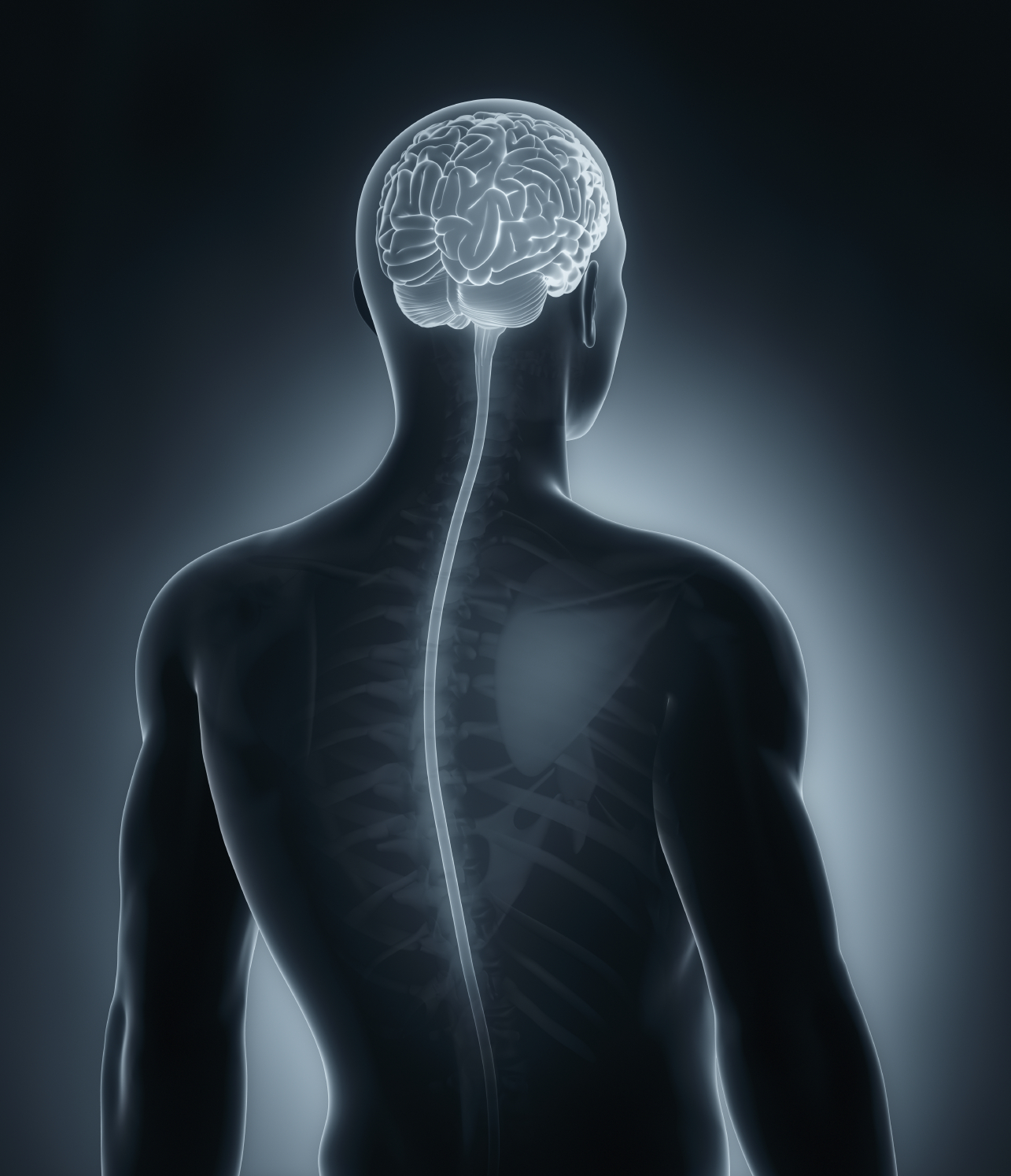Author: kwm107
-

PA and MD Students Awarded National Health Service Corps Scholarships
Two students in Feinberg’s Physician Assistant Program and two MD students have been awarded scholarships from the National Health Service Corps Scholarship Program.
-

New Haptic Patch Transmits Complexity of Touch to the Skin
A Northwestern University-led team of engineers has developed a new type of wearable device that stimulates skin to deliver various complex sensations, providing more realistic and immersive sensory experiences.
-

New Huntington’s Treatment Prevents Protein Aggregation in Mice
In research published in Science Advances, scientists at Northwestern and Case Western Reserve universities have developed the first polymer-based therapeutic for Huntington’s disease, an incurable, debilitating illness that causes nerve cells to break down in the brain.
-

Chronic Pain Can Be Predicted Within Three Days of an Injury
Within a few days of injury, scientists can predict which patients will develop chronic pain based on the extent of cross “talk” between two regions of the brain, and the person’s anxiety level after the injury, according to a new Northwestern study.
-

Little-Studied RNA Might be Key to Regulating Genetic Disorders Like Epilepsy, Autism
Scientists have discovered an RNA that controls how much or how little protein is produced by a gene, with implications for neurodevelopmental disorders like epilepsy and autism.
-

Long COVID Patients With Abnormal Lung CT Scans Could Prove Key to Preventing Pulmonary Fibrosis
Northwestern Medicine scientists have determined which cells and molecules are responsible for radiographic abnormalities in long COVID patients, findings that could help inform future treatment options.
-

Study Advocates for Alternative Biopsy Approach to Detecting Prostate Cancer
A new Northwestern Medicine study suggests using an alternative approach to prostate biopsy is as effective at detecting cancer as the current approach, but without the risk of infection or need for prophylactic antibiotics.
-

New Chief of Division of Hematology and Oncology Named
Hidayatullah G. Munshi, MD, ‘02, ‘04 GME, has been named chief of Feinberg’s Division of Hematology and Oncology in the Department of Medicine.
-

Vital Language Sites in the Brain Act Like Connectors in a Social Network
A new Northwestern Medicine study may better inform doctors’ decisions about which brain areas to preserve during surgery, thereby improving patients’ language function after brain surgery.
-

U.S. South Asians Need Targeted Programs to Improve Heart Health
Northwestern Medicine scientists have conducted the largest lifestyle-intervention trial for U.S. South Asians, helping build a larger body of research to better represent the diverse and vastly underrepresented group.






